An IRS Recognized Tax Deferred Foreign Retirement Plan
Hong Kong has a Tax Information Exchange Agreement with the USA and therefore not considered a "tax haven" and therefore enjoys a deserved reputation for business and financial legitimacy. It's a strong likelihood that financial protection of the People's Republic of China will be one of the best places in the world to both save, and protect assets for your retirement. Hong Kong provides an established, straight forward, tax and asset protected mechanism that attracts legal tax planning and transparent reporting for people of all countries.
The biggest advantage to the Hong Kong laws is the ability to match the Internal Revenue Code (IRC), code for code, to create a government regulated asset protection structure (RAPS), also known as a Non-Qualified Deferred Compensation (NQDC) retirement plan. No matter what country you are from, the Hong Kong ORSO allows you to custom tailor a retirement plan to meet your criteria that it is recognized tax deferral by the IRS, Asia and OECD countries.
In the United States, the question whether any compensation plan is qualified or non-qualified is is specified in the Internal Revenue Code (IRC). Any business prefers to deduct its employee retirement plan contribution as a current year expenses from its income because that will reduce the income subject to social services taxation. Expenses which are business expense deductible ("qualified") must satisfy specific tests required by the IRC. Expenses which do not satisfy those tests ("non-qualified") are not deductible; even though the business has incurred the expense, the amount of that expenditure remains as part of taxable income. In most situations, any business will attempt to satisfy the requirements so that its retirement plan contributions are deductible business expenses. There could be a legal basis for a company to expense the contribution and defer the income to the employee under specific terms of non-vesting which can eliminate the employee paying current tax.
A specific type of non-qualified deferred compensation plan simply defers the payment of a portion of the employee's compensation to a future non specified time . The amounts are held while the employee is working for the company, and are paid out to the employee under trustee discretionary fiduciary circumscribed conditions.
Non-Qualified Deferred Compensation (NQDC) is a powerful retirement planning tool, particularly for owners of closely held corporations. What Non-Qualified Deferred Compensation plans do offer is flexibility of tax treatment and wider and deeper investment choice which 401k plans lack.
The objective to protect assets while putting funds away and investing FROM outside of USA is a perfect fit for one of the nine different types of RAPS investment account structures:
This foreign country pension law is flexible enough to respond to the USA IRC 409A requirements (this needs to be explained). The plan can be established for one individual or can be established for a large number of individuals. It can also be established for an independent contractor, including directors.
Any amounts of contributions from income can be placed inside this ''RAPS'' with no restrictions to the amount. One flavor of ''RAPS'' IRC Code allows for exclusion of contributions which are no more than 100% of annual income. Another flavor of ''RAPS'' allows for after tax contributions. Contributions are never deductible but rather when qualified are considered excluded from income under strict rules of ''non-vested'' contributions. When contributions are exempt under code then upon withdrawal they are , of course, taxed at ordinary income rates.
The lay of the land problem in doing business offshore is that your assets and income typically become a part of your worldwide assets and worldwide income but the minute you have assets and income inside this a specific flavor of ''RAPS'' then those assets are not part of your worldwide income or worldwide assets. Accumulations and gains are not subject to current tax and growth within your investment account is tax deferred. In fact, you report both but they are just not taxable and not part of your worldwide assets or income.
Potential clients come to us and say '' I would like to go offshore but would like to be in a place where it is just not taxable back here at home'' and this structure does that for them in the USA. Anything inside is not reportable as a taxable asset until withdrawal and anything accrued inside is not taxable under O.E.C.D. standards and not taxable back home in the USA. You report every year but on the reporting form it says the income is not reportable as income and is not taxable until withdrawal.
Furthermore, you have zero difficulty opening a bank/investment account at top tier International banks. Are you ready for a regulated asset protection structure investment and brokerage account outside of USA because this structure is a foreign country resident.
What we have found is that entrepreneurs don't withdraw income beyond normal means and prefer to re-invest capital gains which means that it is sure that they want to make additional investments but they prefer to do those investments from inside their retirement structure which would also fit with your interest to purchase property abroad. You and your estate have tax advantages to holding your property within this structure.
IRC Rules restrict investment choice in a 401K or IRA but IRC Code specifically permits this ''RAPS'' to have investment choice with virtually no limits (sorry no poker chips or Ferrari's)
If you are interested to learn more, contact us and we'll schedule you for a free private consultation.
| 
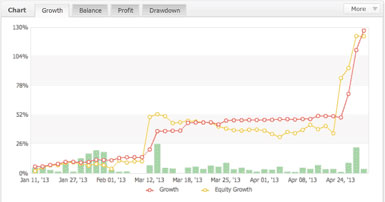

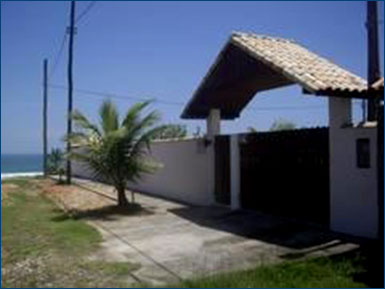
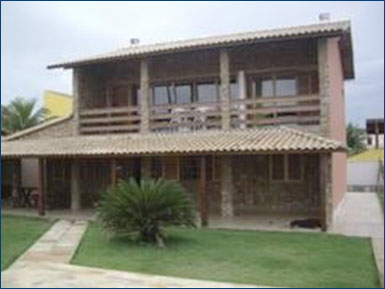
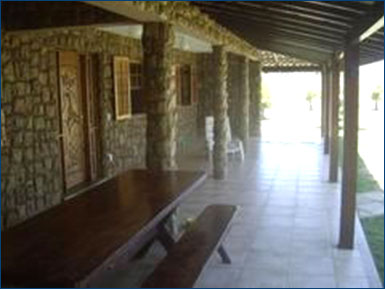
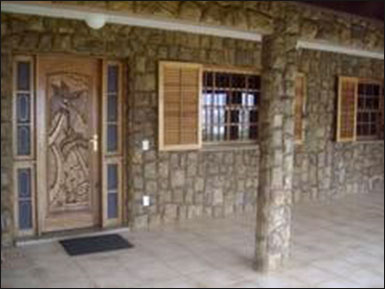
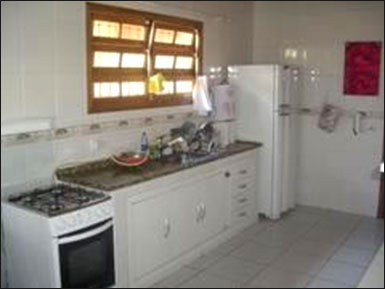

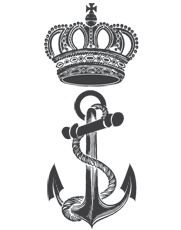



 Home Page
Home Page